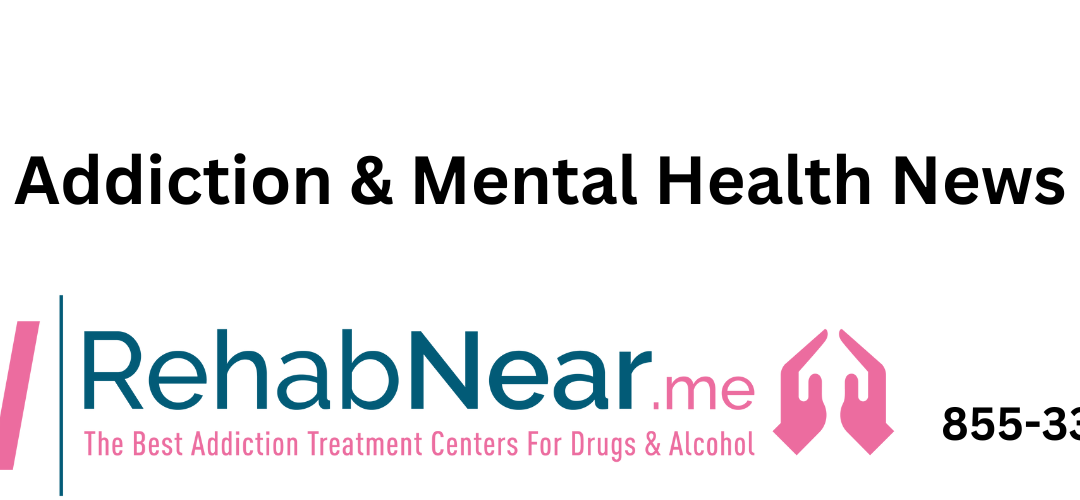During the COVID-19 pandemic, eviction moratoria prevented or delayed many people from experiencing homelessness. But now that the pandemic is over and the short-term eviction protection has ended, the number of evictions and cost of basic needs have increased. Daphne Hernandez, PhD, associate professor in the Department of Research with Cizik School of Nursing at UTHealth Houston, is studying how varying periods of eviction protection that people experienced during the pandemic is associated with psychosocial distress in the post-pandemic period as part of the Health Outcomes Post-Eviction Moratoria (HOPE-M) project.
“Eviction protections varied greatly from state to state and city to city during the pandemic,” said Hernandez, principal investigator of the HOPE-M project and the Lee and Joseph Jamail Distinguished Professor in the School of Nursing. “Compared to Houston, Austin implemented a stronger local moratorium, meaning potential evictions were blocked earlier in the process. We will be recruiting participants from both cities to determine whether tenants who faced less risk of eviction then are experiencing less mental distress in the presence of ongoing disruptions now.”
This article discusses a study led by UTHealth Houston, aiming to examine how eviction protection measures implemented during the COVID-19 pandemic have influenced mental health. The research delves into the intricate relationship between housing stability and emotional well-being, offering insights into the psychological toll of potential eviction and the relief brought by protective policies. This study underscores the significance of considering mental health within broader public policy discussions.
The article provides a snapshot of the study’s objectives, emphasizing the critical need to understand how eviction protection measures during the pandemic affected individuals’ mental health. The research aims to shed light on the emotional turmoil and potential mental health challenges that arise from the threat of losing one’s home.
If you or someone you know is struggling with addiction or facing housing-related mental health concerns, RehabNear.Me is here to help. Call us at 855-339-1112, and our compassionate team will provide guidance and connect you with appropriate addiction treatment resources tailored to your unique needs. Taking the step towards seeking help can lead to a brighter and healthier future. Reach out today.
UTHealth Houston Study to Examine how Eviction Protection during the Pandemic Affects Mental Health https://t.co/hsx5WNQG2F #rehabnearme 855-339-1112
— RehabNearMe (@RehabNear_Me) October 30, 2023








